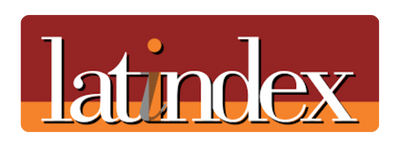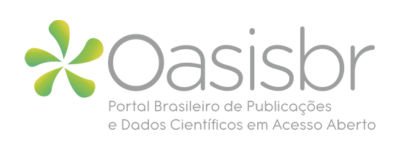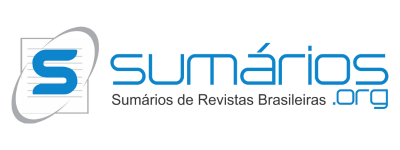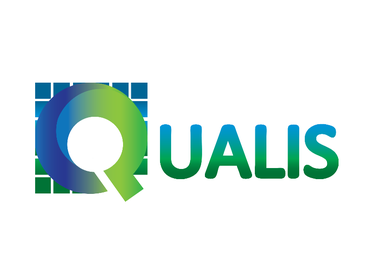CYBERSPACE, MIGRATION AND EDUCATION
EXPERIENCES AND CHALLENGES IN THE DIGITAL AGE
Visualizações: 6DOI:
https://doi.org/10.56579/rei.v7i3.2060Keywords:
Cyberspace, Migration, Digital Inclusion, Venezuelans, EducationAbstract
This study investigates the place of cyberspace in the lives of migrants in Cuiabá, Brazil, exploring the opportunities and challenges that digital technologies offer in this context. Through a mixed methodological approach, and reflections from Pierre Lévy (1999), Jenkins (2010) and other authors, the research reveals that, despite the potential of cyberspace to promote social inclusion and access to information, Venezuelan migrants face various barriers, such as digital inequality and bureaucracy in the host cities. Habitus theory is used to understand how migrants' social and cultural background influences their experiences in the new country. The results demonstrate that the use of social networks contributes to the construction of hybrid identities and the strengthening of support networks, but can also generate feelings of isolation and alienation. The research highlights the importance of public policies that promote the digital inclusion of migrants and that value cultural diversity in schools, marked by social transformations in the contemporary world.
Downloads
References
ACNUR. Agência da ONU para Refugiados. Sítio global de ACNUR. Disponível em: https://www.acnur.org/media/inclusion-educativa-campana-por-la-educacion-de-las-personas-refugiadas/. Acesso em: 06 nov. 2024.
AMADO, T. D. Condição jurídica do trabalhador migrante no âmbito normativo internacional. In: JÚNIOR, A. R. de F.; TORRES, B.; FILHO, D. B. (Org.). 2017. p. 17–30.
BANKS, J. A. Multicultural education: Issues and perspectives. Boston: Allyn and Bacon, 1993.
BAUDRILLARD, J. Simulacra and simulation. Michigan: University of Michigan Press, 1981.
BARDIN, L. Análise de conteúdo. Tradução de Luís Antero Reto e Augusto Pinheiro. Lisboa: Edições 70, 1977. 225 p.
BERRY, J. W. Immigration, acculturation, and adaptation. Applied Psychology: An International Review, v. 46, n. 1, p. 5-63, 1997. DOI: https://doi.org/10.1111/j.1464-0597.1997.tb01087.x
BRAGA, A. C. Nietzsche – O filósofo do niilismo e do eterno retorno. São Paulo: Editora Escola, 2011.
BRASIL. Ministério da Justiça e Segurança Pública. Brasil concedeu mais de 11 mil vistos de acolhida de migrantes de 2023 até julho de 2024. 24 set. 2024. Disponível em: https://www.gov.br/mj/pt-br/assuntos/noticias/brasil-concedeu-mais-de-11-mil-vistos-de-acolhida-de-migrantes-de-2023-ate-julho-de-2024#:~:text=Bras%C3%ADlia%2C%2024%2F09%2F2024,a%20S%C3%ADria%20e%20a%20Ucr%C3%A2nia. Acesso em: 19 nov. 2024.
BOURDIEU, P. Distinction: A social critique of the judgment of taste. Cambridge: Harvard University Press, 1983.
BOYD, D. M. It's complicated: The social lives of networked teenagers. New Haven: Yale University Press, 2014.
CANCLINI, N. G. Hybrid cultures: Strategies for creating identity in contemporary Mexico. Berkeley: University of California Press, 1995.
CANCLINI, N. G. Culturas híbridas: estratégias para entrar e sair da modernidade. São Paulo: Ed. Universidade de São Paulo, 1997.
CANCLINI, N. G. Diferentes, desiguais e desconectados: mapas da interculturalidade. Rio de Janeiro: Editora UFRJ, 2015.
CASTELLS, M. The rise of the network society. Oxford: Blackwell Publishers, 1996.
CASTLES, S.; MILLER, M. J. The age of migration: International population movements in the modern world. New York: Guilford Press, 2003.
CASTELLS, M. O poder da comunicação. São Paulo; Rio de Janeiro: Paz e Terra, 2015.
CIBERCULTURA. In: Dicio – Dicionário Online de Português. Porto: 7Graus, 2024. Disponível em: https://www.dicio.com.br/cibercultura/#:~:text=Significado%20de%20Cibercultura&text=Condi%C3%A7%C3%A3o%20social%20influenciada%20pelo%20uso,Do%20ingl%C3%AAs%20cyberculture. Acesso em: 10 out. 2024.
CEEINTER. Centro de Estudos Interdisciplinares Página Inicial. [S.l.]: CEEINTER, c2023. Disponível em: https://portal.ceeinter.com.br/. Acesso em: 06 out. 2024.
EDUCA+BRASIL. Você sabe o que é Gig Economy? Descubra como a Gig Economy traz mudanças nas relações de trabalho. 21 dez. 2022. Disponível em: https://www.educamaisbrasil.com.br/educacao/carreira/voce-sabe-o-que-e-gig-economy. Acesso em: 19 nov. 2024.
GERKEN, T. Inteligência artificial é o avanço mais importante da tecnologia em décadas, diz Bill Gates. 2023. Disponível em: https://g1.globo.com/tecnologia/noticia/2023/03/24/inteligencia-artificial-e-avanco-mais-importante-da-tecnologia-em-decadas-diz-bill-gates.ghtml. Acesso em: 10 nov. 2023.
HALL, S. Da diáspora: identidades e mediações culturais. Belo Horizonte: Editora UFMG, 2013.
JENKINS, H. Cultura da convergência. 2. ed. São Paulo: Aleph, 2010. 428 p.
NASCIMENTO, M.; BRANT, F.; ALENCAR, C. Sonho de imigrante. Disponível em: https://www.letras.mus.br/milton-nascimento/1590254/. Acesso em: 13 jan. 2024.
LÉVY, P. Cibercultura. Tradução de Carlos Irineu da Costa. 1. ed. São Paulo: Editora 34, 1999. 264 p.
LÉVY, P. As tecnologias da inteligência: o futuro do pensamento na era da informática. São Paulo: Editora 34, 1999.
LYOTARD, J.-F. The postmodern condition: a report on knowledge. Minneapolis: University of Minnesota Press, 1979.
LYON, Yolis. 45 crianças e adolescentes Warao estão sem acesso a escolas em Cuiabá. Agência Pública, 30 set. 2024. Disponível em: https://apublica.org/nota/mt-45-criancas-e-adolescentes-warao-estao-sem-acesso-a-escolas-em-cuiaba/. Acesso em: 06 nov. 2024.
LOPES, M. I. U. Pesquisa em comunicação. São Paulo: Edições Loyola, 2014.
OIM – ORGANIZAÇÃO INTERNACIONAL PARA AS MIGRAÇÕES. Plataforma de tecnologia móvel para refugiados e migrantes venezuelanos é lançada no Brasil. Disponível em: https://brazil.iom.int/pt-br/news/plataforma-de-tecnologia-movel-para-refugiados-e-migrantes-venezuelanos-e-lancada-no-brasil. Acesso em: 06 nov. 2024.
O GLOBO. Número de imigrantes venezuelanos no Brasil bate recorde em meio à disputa com Guiana e incerteza sobre futuro. 14 nov. 2023. Disponível em: https://oglobo.globo.com/mundo/noticia/2023/12/14/numero-de-imigrantes-venezuelanos-no-brasil-bate-recorde-em-meio-a-disputa-com-guiana-e-incerteza-sobre-futuro.ghtml. Acesso em: 20 out. 2024.
PORTES, A.; RUMBAUT, R. G. Immigrant America: a portrait. Berkeley: University of California Press, 1996.
SASSEN, S. Globalization and its discontents. New York: The New Press, 1998.
UREPORT. UReport uniendo voces. Disponível em: https://uniendovoces-br.ureport.in/. Acesso em: 06 nov. 2024.
WELLMAN, B. Computer networks as social capital. Information, Communication & Society, v. 1, n. 1, p. 9-23, 1996.
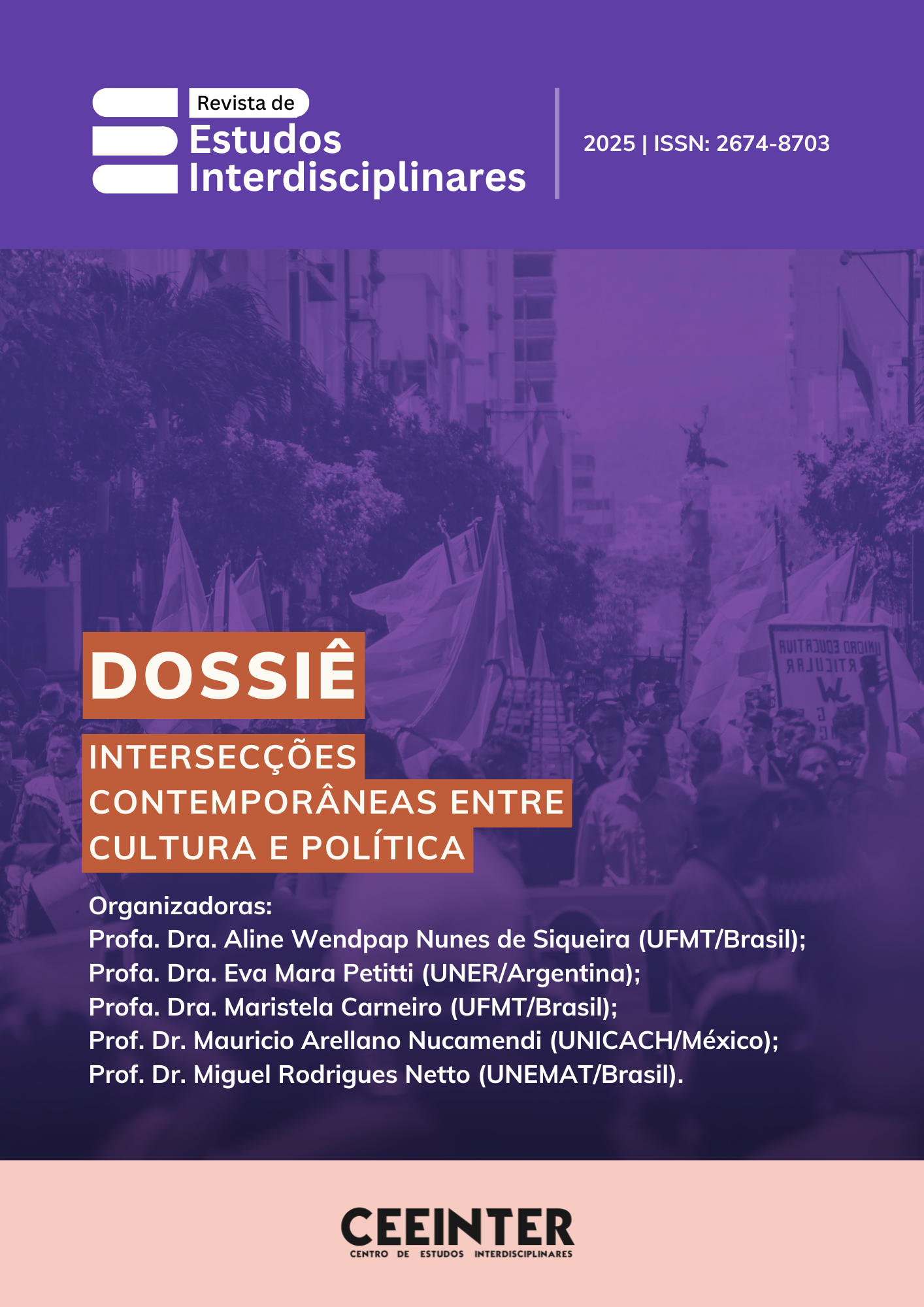
Downloads
Published
How to Cite
Issue
Section
License
Copyright (c) 2025 Interdisciplinary Studies Journal

This work is licensed under a Creative Commons Attribution 4.0 International License.
The Journal of Interdisciplinary Studies adopts the Creative Commons Attribution 4.0 International License (CC BY 4.0), which allows for sharing and adapting the work, including for commercial purposes, provided proper attribution is given and the original publication in this journal is acknowledged.

